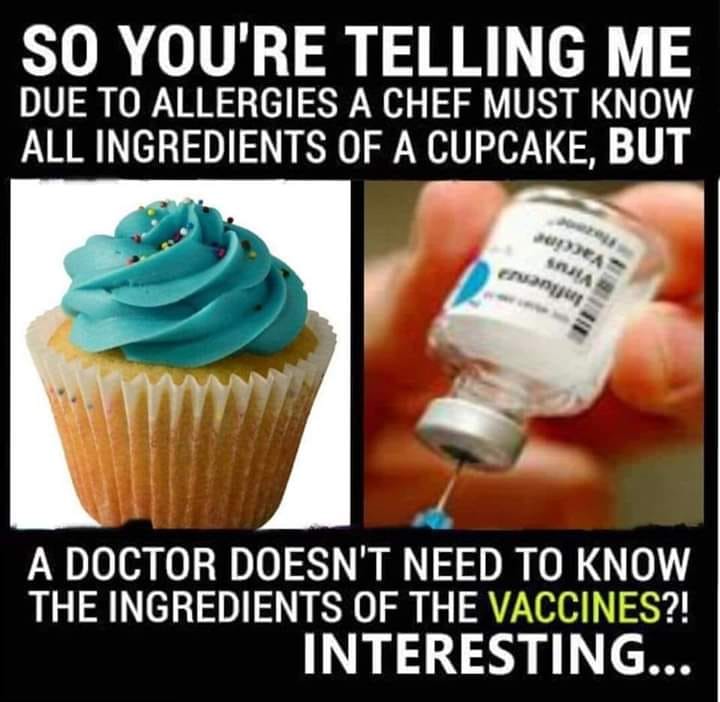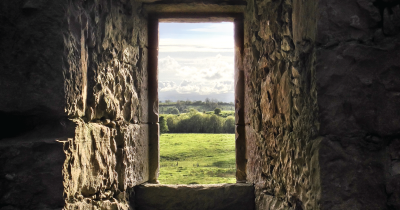
Research shows cancer patients that forgo treatment live 9 years longer than individuals receiving chemotherapy
Turning to chemotherapy for cancer treatment is a bit like Russian roulette: It could kill the cancer or it could make you sicker and result in the development of new cancers. Though it’s pretty much impossible to locate statistics on chemotherapy-related deaths (because they’re ruled as a result of cancer), some experts assert that chemotherapy has the potential to hasten one’s death, compared to individuals who forgo treatment altogether.
Dr. Hardin B. Jones, a former professor of medical physics and physiology at the University of California, Berkeley, shares this opinion. After studying the life spans of cancer patients for more than 25 years, Jones concluded that chemotherapy simply doesn’t work.
He observed innumerable cancer patients who received chemotherapy and died an unpeaceful death, many of whom met their fate much sooner than those who forwent all treatment. After investigating this further, Dr. Jones found that cancer patients who underwent chemotherapy actually died more quickly, in most cases, than those who followed their doctors’ recommendations by getting the treatment.
“A few number-crunching efforts later and Dr. Jones exposed a fact that the conventional cancer industry doesn’t want the world to know about its multi-billion-dollar cash cow.”
Jones’ findings were published in the journal Transactions of the New York Academy of Sciences. In it he wrote: “People who refused treatment lived for an average of 12 and a half years. Those who accepted other kinds of treatment lived on an average of only 3 years.”
His discovery also applied to breast cancer patients: Women that forwent traditional treatments including chemotherapy, radiation and surgery, opting for no treatment instead, lived four times longer than those receiving harsh, conventional treatments.







